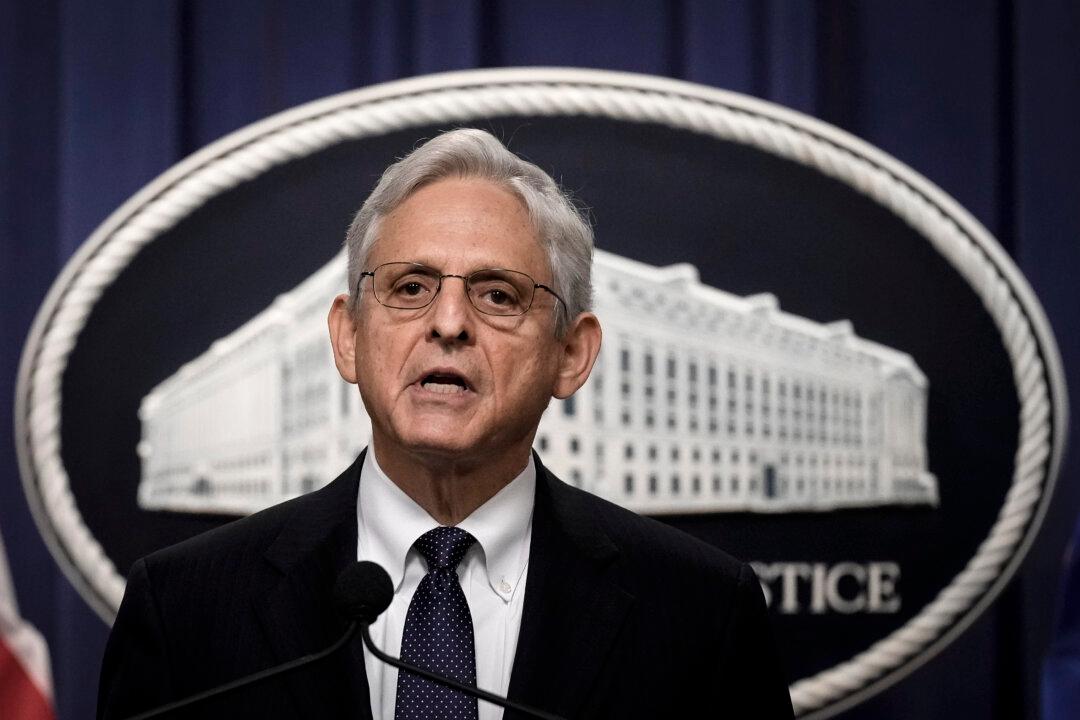Former President Donald Trump hasn’t provided any evidence that he declassified records that FBI agents seized from Mar-a-Lago in August, U.S. Department of Justice (DOJ) lawyers told an appeals court in a brief filed late on Sept. 20.
Trump “again implies that he could have declassified the records before leaving office. As before, however, Plaintiff conspicuously fails to represent, much less show, that he actually took that step,” government lawyers said in the filing.





